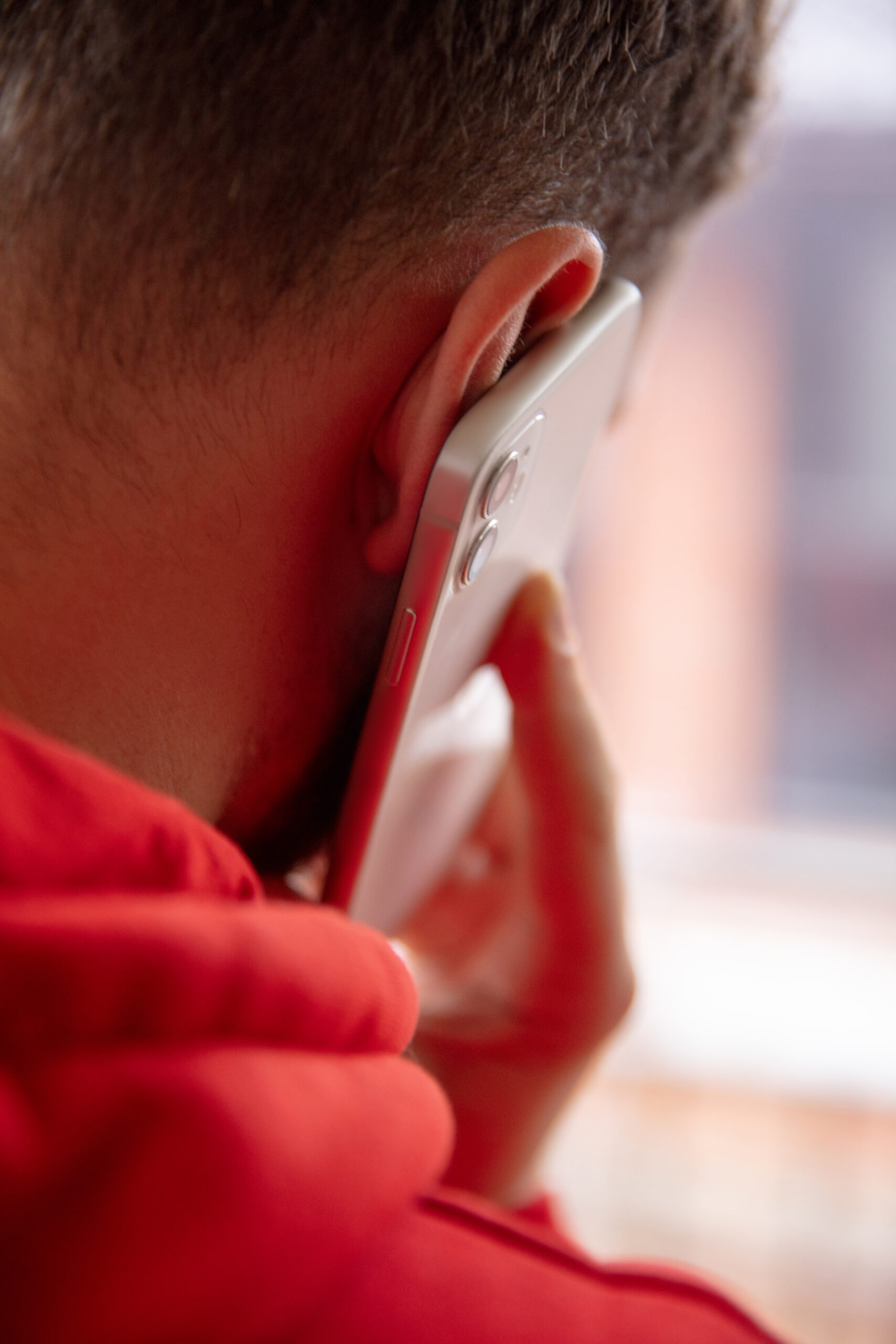It is so important for you to be contactable.
Most of you carry around a mobile phone in your bag or pocket. When we had to reschedule the flu clinic at the last minute, we had a team of receptionists calling every person on the list to let them know of the change. I would estimate that more than 70% of people did not pick up their phones, and later when I discussed it with residents they expressed concern that they hadn’t been notified. I asked to look at their phone and checked their call history and voicemails – sure enough I saw that they had missed calls recorded, and voicemails they hadn’t checked.
I’ve had patients book in with me for telephone consultations, and no-one picks up when I call. This takes an appointment away from someone else who may be needing it.
Being contactable is important for more than just changing appointment dates or telephone consultations. There are times when we have urgent results from the pathology lab or radiologist that we need to urgently communicate with a patient. When we can’t get through on your phone, this can have life-threatening consequences for you.
My recommendations:
- Make sure your contact details are up to date with your GP clinic. This includes next of kin/emergency contact.
- Use a mobile phone if possible in addition to your home phone (if you want both).
- Make sure your mobile phone is charged.
- Carry your phone with you and have it set to loud when possible.
- Save important numbers into your phones like your doctor’s office
- Learn how to check notifications on your phone
- Learn how to check voicemails on your phone
Let’s all work together to make sure the communication lines stay open.

0 Comments